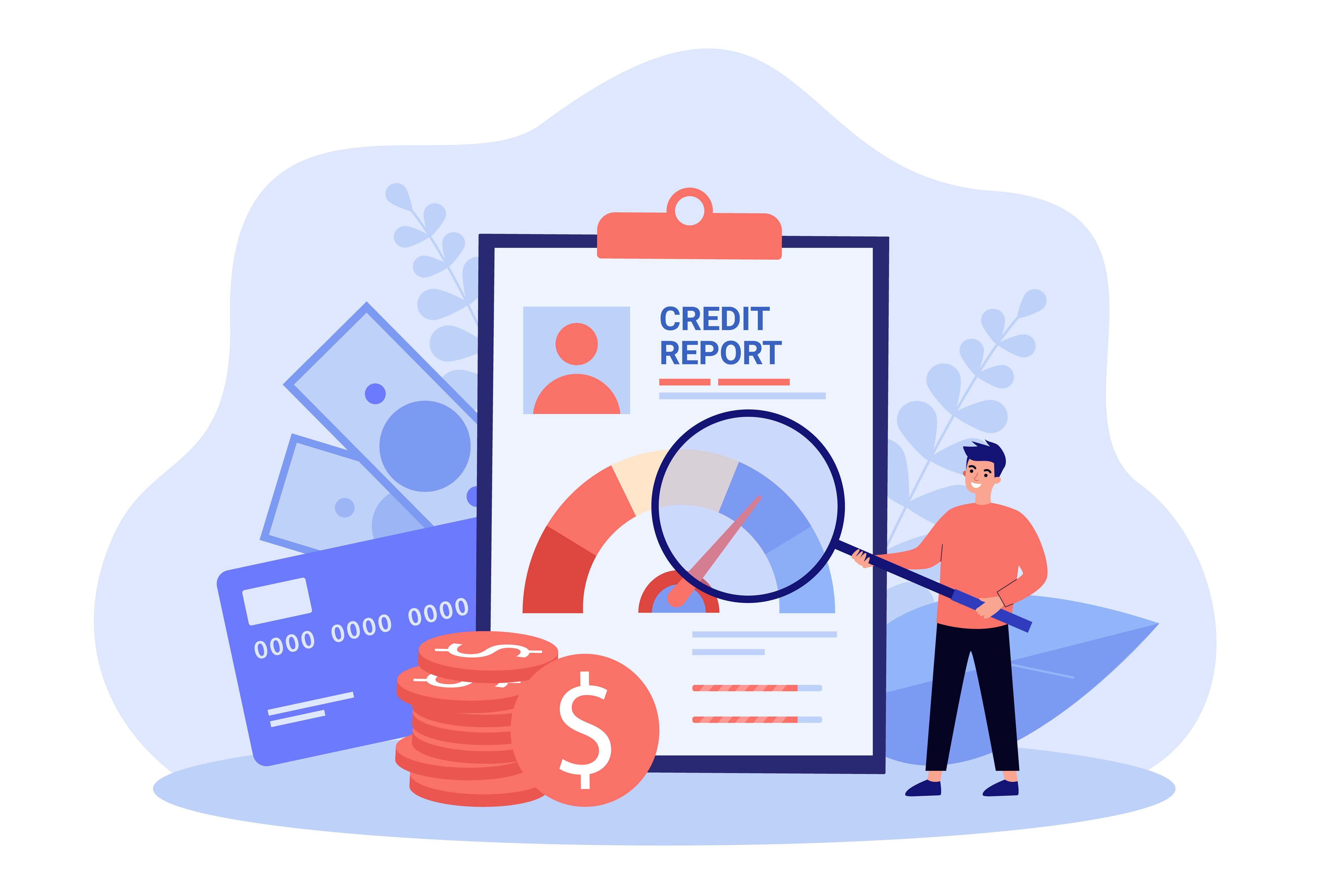For many physicians, medical school debt is an inevitable part of the journey. With the average medical school graduate carrying more than $200,000 in loans, this debt can feel like a heavy burden. However, understanding how student loans affect your credit score—and learning strategies to manage them—can make all the difference as you work toward financial stability.
The Impact of Medical School Debt on Your Credit Score
Medical school loans are a type of installment debt, which means they come with fixed payments over a set period. While having debt isn’t automatically harmful to your credit score, the way you handle it matters.
Key Credit Score Factors to Know
- Payment History (35%) Your ability to make on-time payments is the most important factor in your credit score. A single missed payment can have a lasting impact, so consistency is key.
- Amounts Owed (30%) The total amount of debt you owe matters, but large balances like medical school loans don’t necessarily lower your score—as long as you stay on track with payments.
- Length of Credit History (15%) Keeping loans open and in good standing over time can help build a strong credit profile.

Common Myths About Student Loans and Credit Scores
It’s easy to assume that having a high amount of student debt automatically hurts your credit score. In reality, credit scoring models are designed to accommodate installment loans like student debt. Borrowers who make steady, on-time payments often maintain good credit scores, even with significant loan balances.
Another common misconception is that paying off student loans early always boosts your credit. While paying off debt is a positive step, closing a long-standing account could shorten your credit history, which might temporarily lower your score.
Steps to Manage Medical School Debt and Protect Your Credit
- Set Up Automatic Payments Ensuring your payments are always on time is one of the simplest ways to safeguard your credit. Most loan servicers also offer a small interest rate discount for enrolling in autopay.
- Consider Income-Driven Repayment Plans Federal student loans offer options to align payments with your income. These plans make monthly payments more manageable, reducing financial stress while keeping your loans in good standing.
- Monitor Your Credit Regularly Tools like Credit Karma or reports from major credit bureaus help you stay aware of your credit score. Regular monitoring ensures you can address issues quickly if they arise.
- Avoid Applying for Too Much New Credit Each application for new credit results in a hard inquiry, which can lower your score slightly. Be selective about when and why you apply for new loans or credit cards.

Why Credit Scores Matter for Physicians
A strong credit score can open doors to lower interest rates on mortgages, better financing options for a private practice, and even preferred terms on personal loans. For doctors, managing student debt responsibly is about more than just improving a credit score—it’s about securing financial flexibility to achieve personal and professional goals.
Salve is designed specifically for physicians, offering tools and resources to make make medics’ wealth management easier.
Building a Strong Financial Future
Medical school debt doesn’t have to stand in the way of financial success. With the right strategies, physicians can effectively manage their loans, protect their credit scores, and lay the groundwork for long-term wealth. It’s not just about paying off debt—it’s about building a foundation for a brighter financial future.
Do you think that financial literacy for doctors is important? If yes, visit our knowledge base and find unique financial tips for medical professionals!

